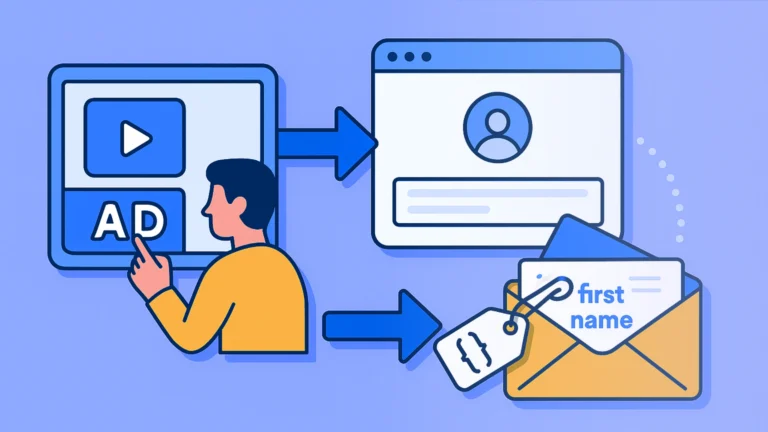Drive Social Media Lawsuit: What It Means for Businesses and Digital Marketing
The Drive Social Media lawsuit has become one of the most talked-about legal cases in the digital marketing world. While lawsuits in this industry are not unusual, this particular case has caught attention because of the serious allegations and the broader implications for how agencies operate. It is a story that blends law, ethics, marketing practices, and the relationship between service providers and their clients.
In this article, we will explore the background of the Drive Social Media lawsuit, the core issues at play, and what it means for businesses that rely on digital marketing agencies.
Understanding the Background of the Drive Social Media Lawsuit
The Drive Social Media lawsuit revolves around claims from clients who allege that the agency engaged in unethical or misleading marketing practices. While each side has its own version of events, the dispute has raised important questions about transparency and trust in the digital marketing industry.
Many businesses hire agencies like Drive Social Media to boost their online visibility, generate leads, and increase revenue through targeted advertising campaigns. When these expectations are not met, conflicts can arise—especially if clients believe they were promised specific results that never materialized.
The Allegations at the Center of the Case
The Drive Social Media lawsuit reportedly involves allegations of deceptive advertising tactics, unclear contract terms, and poor delivery on promised services. Some clients claim they were locked into long-term agreements without fully understanding the scope of the contract or the actual deliverables.
While the agency has not accepted all claims against it, the case has highlighted the importance of clear communication between marketing companies and their clients. In industries where results are often difficult to guarantee, any hint of misrepresentation can quickly lead to legal trouble.
Why the Drive Social Media Lawsuit Matters to the Marketing Industry
The Drive Social Media lawsuit is not just about one agency; it has become a cautionary example for the entire digital marketing sector. Agencies everywhere can learn from this situation. In a highly competitive market, businesses must be mindful of how they present their services and ensure clients understand exactly what they are paying for.
The case also underlines how reputation plays a critical role in the marketing industry. Once an agency is involved in a public legal dispute, its credibility can suffer—even before the final outcome of the case is decided.
Impact on Clients and Business Owners
For business owners, the Drive Social Media lawsuit is a reminder to carefully vet any marketing agency before signing a contract. Many companies invest significant amounts of money into social media campaigns, expecting to see measurable growth. However, when expectations are not managed properly, disappointment and legal action can follow.
Small businesses, in particular, are vulnerable because they often have limited budgets and rely heavily on the results promised by marketing agencies. If those promises are unrealistic, the consequences can be severe.
Lessons for Marketing Agencies
The Drive Social Media lawsuit provides several key lessons for digital marketing companies:
- Set realistic expectations – Avoid promising guaranteed results unless you can deliver them consistently.
- Be transparent about methods – Clients should understand the strategies being used on their behalf.
- Ensure contract clarity – Every agreement should clearly define deliverables, timelines, and costs.
- Maintain open communication – Keeping clients informed can help prevent misunderstandings.
Agencies that fail to follow these principles may face not only unhappy clients but also the possibility of legal disputes.
The Role of Ethics in Digital Marketing
At the heart of the Drive Social Media lawsuit is the question of ethics. Digital marketing is a results-driven industry, and the temptation to oversell services can be strong. However, ethical marketing means being honest about what can be achieved, avoiding misleading claims, and prioritizing client trust over quick profits.
This case has sparked discussions in marketing circles about whether industry-wide guidelines or certifications should be more strictly enforced to protect both clients and agencies.
How Businesses Can Protect Themselves
Business owners can take proactive steps to avoid situations like those described in the Drive Social Media lawsuit:
- Research the agency’s track record before signing any agreement.
- Request case studies or references from past clients.
- Read the fine print in all contracts and ask for clarifications when needed.
- Start with a shorter contract to test the agency’s performance before committing long-term.
By following these steps, companies can reduce the risk of misunderstandings and disputes.
Public Reaction and Media Coverage
The Drive Social Media lawsuit has attracted a fair amount of public and media attention. Coverage has ranged from legal analysis to opinion pieces debating whether marketing agencies are held to sufficiently high ethical standards. While some believe the lawsuit is a justified response to misleading practices, others argue it could be an exaggerated reaction to unmet expectations.
Regardless of public opinion, the case has undeniably put Drive Social Media in the spotlight, affecting both its current clients and its ability to attract new business.
Potential Outcomes of the Drive Social Media Lawsuit
The final resolution of the Drive Social Media lawsuit could take several forms:
- Settlement agreement – Both parties may reach a private agreement to resolve the matter without going to trial.
- Court ruling – A judge or jury could decide whether the agency is liable for damages.
- Dismissal – If the evidence is insufficient, the case could be dismissed.
Each of these outcomes carries different implications for the agency and its clients, as well as for the broader marketing industry.
Final Thoughts
The Drive Social Media lawsuit is more than a legal battle between a marketing agency and its clients—it is a wake-up call for the digital marketing world. It emphasizes the need for clear communication, ethical practices, and realistic goal-setting. For businesses, it is a reminder to choose partners wisely and to protect their investments through careful research and contract review.
As the case unfolds, it will likely continue to influence conversations about trust, transparency, and accountability in online marketing. Whether or not Drive Social Media is found liable, the lessons from this lawsuit will remain relevant for years to come.






